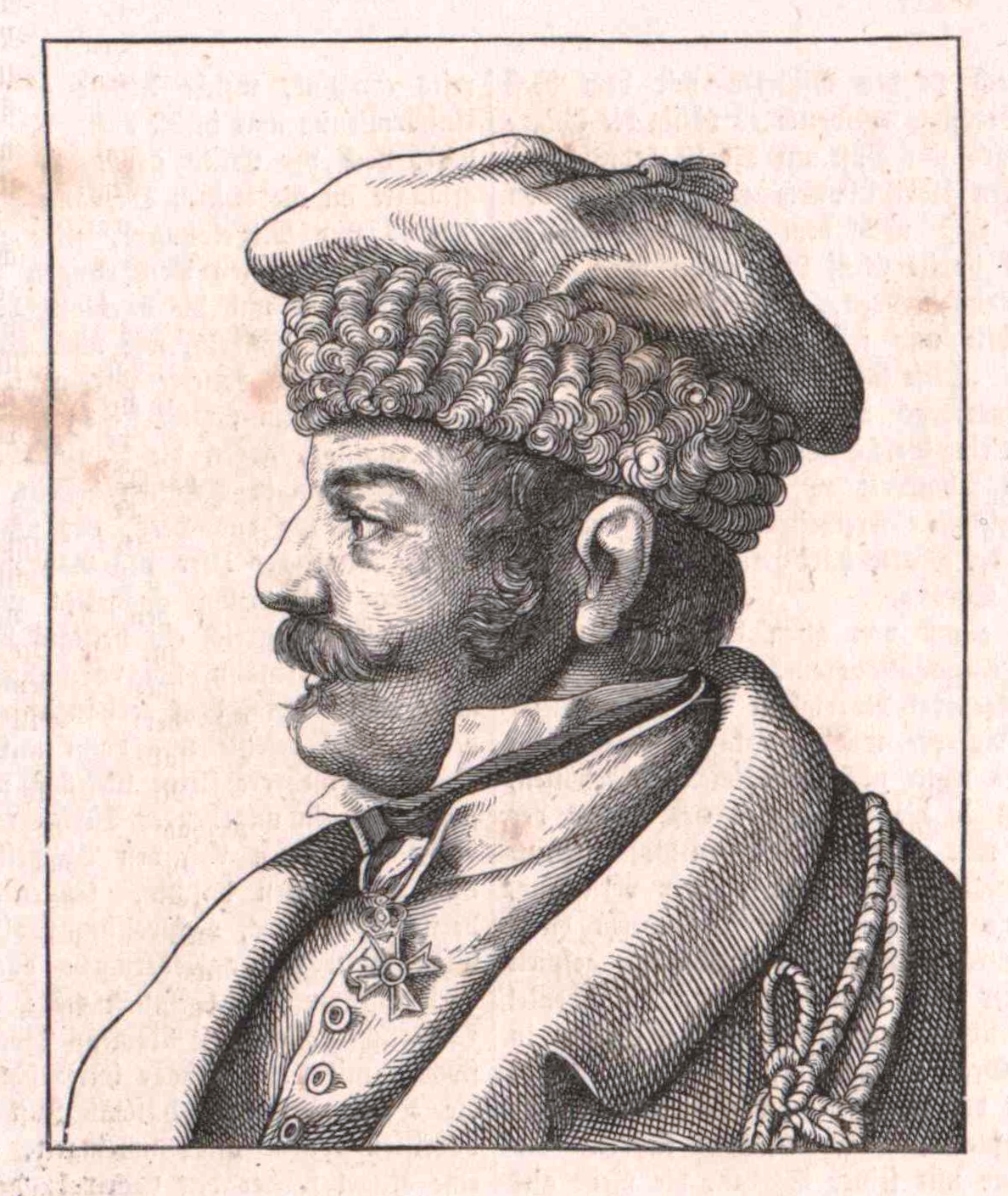Karl von Normann-Ehrenfels on:
[Wikipedia]
[Google]
[Amazon]
 Karl Friedrich Leberecht
Karl Friedrich Leberecht
 Karl Friedrich Leberecht
Karl Friedrich Leberecht Graf
(feminine: ) is a historical title of the German nobility, usually translated as "count". Considered to be intermediate among noble ranks, the title is often treated as equivalent to the British title of "earl" (whose female version is "coun ...
von Normann-Ehrenfels ( el, Κάρολος Νόρμαν, Stuttgart, 14 September 1784 – Missolonghi
Missolonghi or Messolonghi ( el, Μεσολόγγι, ) is a municipality of 34,416 people (according to the 2011 census) in western Greece. The town is the capital of Aetolia-Acarnania regional unit, and the seat of the municipality of Iera Polis ...
, 15 November 1822) was a Württemberg
Württemberg ( ; ) is a historical German territory roughly corresponding to the cultural and linguistic region of Swabia. The main town of the region is Stuttgart.
Together with Baden and Hohenzollern, two other historical territories, Württ ...
ian soldier who fought in the Napoleonic Wars
The Napoleonic Wars (1803–1815) were a series of major global conflicts pitting the French Empire and its allies, led by Napoleon I, against a fluctuating array of European states formed into various coalitions. It produced a period of Fren ...
. As a Philhellene
Philhellenism ("the love of Greek culture") was an intellectual movement prominent mostly at the turn of the 19th century. It contributed to the sentiments that led Europeans such as Lord Byron and Charles Nicolas Fabvier to advocate for Greek i ...
he sailed to Greece to assist the Greek rebels in the Greek War of Independence, and died there of wounds received in the Battle of Peta.
Biography
Karl von Normann-Ehrenfels was one of the sons of the jurist Philipp Christian von Normann-Ehrenfels, who served as theKingdom of Württemberg
The Kingdom of Württemberg (german: Königreich Württemberg ) was a German state that existed from 1805 to 1918, located within the area that is now Baden-Württemberg. The kingdom was a continuation of the Duchy of Württemberg, which existe ...
's chief minister in 1806–1812. In 1799 he joined an Austrian
Austrian may refer to:
* Austrians, someone from Austria or of Austrian descent
** Someone who is considered an Austrian citizen, see Austrian nationality law
* Austrian German dialect
* Something associated with the country Austria, for example: ...
cuirassier
Cuirassiers (; ) were cavalry equipped with a cuirass, sword, and pistols. Cuirassiers first appeared in mid-to-late 16th century Europe as a result of armoured cavalry, such as men-at-arms and demi-lancers, discarding their lances and adop ...
regiment. He quickly gained a commission as an officer and served alongside the Austrians until the Peace of Luneville
Peace is a concept of societal friendship and harmony in the absence of hostility and violence. In a social sense, peace is commonly used to mean a lack of conflict (such as war) and freedom from fear of violence between individuals or groups. ...
. With the help of his father, he then switched to the Württemberg military, rising to the rank of lieutenant colonel and commander of the Chevauxleger regiment of the royal guard by 1810. In 1812, he led his regiment in the French invasion of Russia. In 1813, as a major general, he organized and led a cavalry brigade, initially alongside the French, but on 18 October he went over to the Coalition forces
' ps, کمک او همکاري '
, allies = Afghanistan
, opponents = Taliban Al-Qaeda
, commander1 =
, commander1_label = Commander
, commander2 =
, commander2_label =
, commander3 =
, comman ...
, even though Württemberg continued to stand by its alliance with Napoleon. This action caused King Frederick I of Württemberg
, image = Seele-Friedrich I..jpg
, caption = Portrait by Johann Baptist Seele
, birth_date =
, birth_place = Treptow an der Rega, Prussia (now Trzebiatów, Poland)
, death_date =
, death_place = Stuttgart, Kingdom of Württe ...
to prohibit Normann from returning to Württemberg; only after the King's death, in March 1817, was he able to secure his return to his homeland, although he was still prohibited from entering the capital, Stuttgart.
After his father's death he succeeded him as master of his estates at Ehrenfels, but in early 1822, along with other philhellenes
Philhellenism ("the love of Greek culture") was an intellectual movement prominent mostly at the turn of the 19th century. It contributed to the sentiments that led Europeans such as Lord Byron and Charles Nicolas Fabvier to advocate for Greek ...
, he sailed to Greece to assist the Greek rebels in their uprising
Rebellion, uprising, or insurrection is a refusal of obedience or order. It refers to the open resistance against the orders of an established authority.
A rebellion originates from a sentiment of indignation and disapproval of a situation and ...
against the Ottoman Empire
The Ottoman Empire, * ; is an archaic version. The definite article forms and were synonymous * and el, Оθωμανική Αυτοκρατορία, Othōmanikē Avtokratoria, label=none * info page on book at Martin Luther University) ...
. He served as chief of staff to Alexandros Mavrokordatos in the disastrous Battle of Peta on 16 July 1822, and died of his wounds a few months later at Missolonghi
Missolonghi or Messolonghi ( el, Μεσολόγγι, ) is a municipality of 34,416 people (according to the 2011 census) in western Greece. The town is the capital of Aetolia-Acarnania regional unit, and the seat of the municipality of Iera Polis ...
.
Sources
* {{DEFAULTSORT:Normann-Ehrenfels 1784 births 1822 deaths Major generals of Württemberg German commanders of the Napoleonic Wars Military personnel from Stuttgart German philhellenes in the Greek War of Independence Counts of Germany People from the Duchy of Württemberg